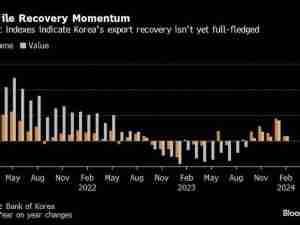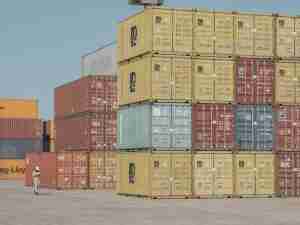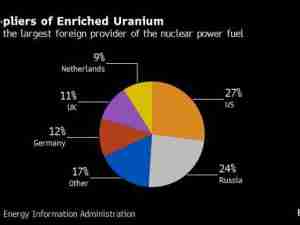The American Institute for International Steel (AIIS) responded to a Department of Commerce (DOC) announcement of the preliminary subsidy margins for an administrative review on hot rolled coil from India. DOC calculated the rate for JSW Steel Limited to be 505.2 percent. [Usually anti-subsidy duties placed on imported steel range from 0-20%.] A more recent announcement from DOC of AD rates far in excess of 200 percent show that this rate is not a unique occurrence. When asked about this large percentage, David Phelps president, AIIS said 'The mind boggles at what a subsidy penalty rate of 505.2 % means. If there were any doubt left as to the brokenness of the US trade laws, this embarrassment stands out for all to see. It is absurdities like this that make the US look foolish and protectionist in the eyes of our trading partners.'
The domestic industry claims it will compete on a fair basis with foreign producers who abide by our trade laws. This reasonable sounding statement ignores the fact that every major steel producing country in the world has been sued by the domestic industry with cries of illegal, unfair ringing in their ears. Steel producers from Canada, Mexico, Brazil, Korea, Great Britain, Spain, Italy, Romania, Germany, France, Russia, Turkey, China, India, S. Africa, etc., even smaller countries like Latvia, have felt the sting of US protectionist trade laws, according to Phelps. 'It is easy to conclude,' said Phelps, 'that the real reason for the domestic industry's fealty to the trade laws has more to do with eliminating competition than it does some 'noble' protectionist purpose.'
It is not surprising therefore, that a primary goal of many of our trading partners in the Doha Round is common sense reform of US Anti-Dumping and Countervailing Duty laws. It is the position of AIIS that it is time for the US to join the developed world and eliminate protectionist practices in our trade laws; like zeroing, retrospection, adopt a lesser duty rule, allow consumers to participate in the process and also adopt a public interest test. These are not radical changes; our developing country trading partners have them.
'It is utterly illogical for the US to punish imports of steel products when the domestic industry is incapable of supplying all steel users' needs. Everyone loses; customers are damaged, demand for steel declines and domestic mills and importers lose customers who either close or move offshore,' concluded Phelps.







